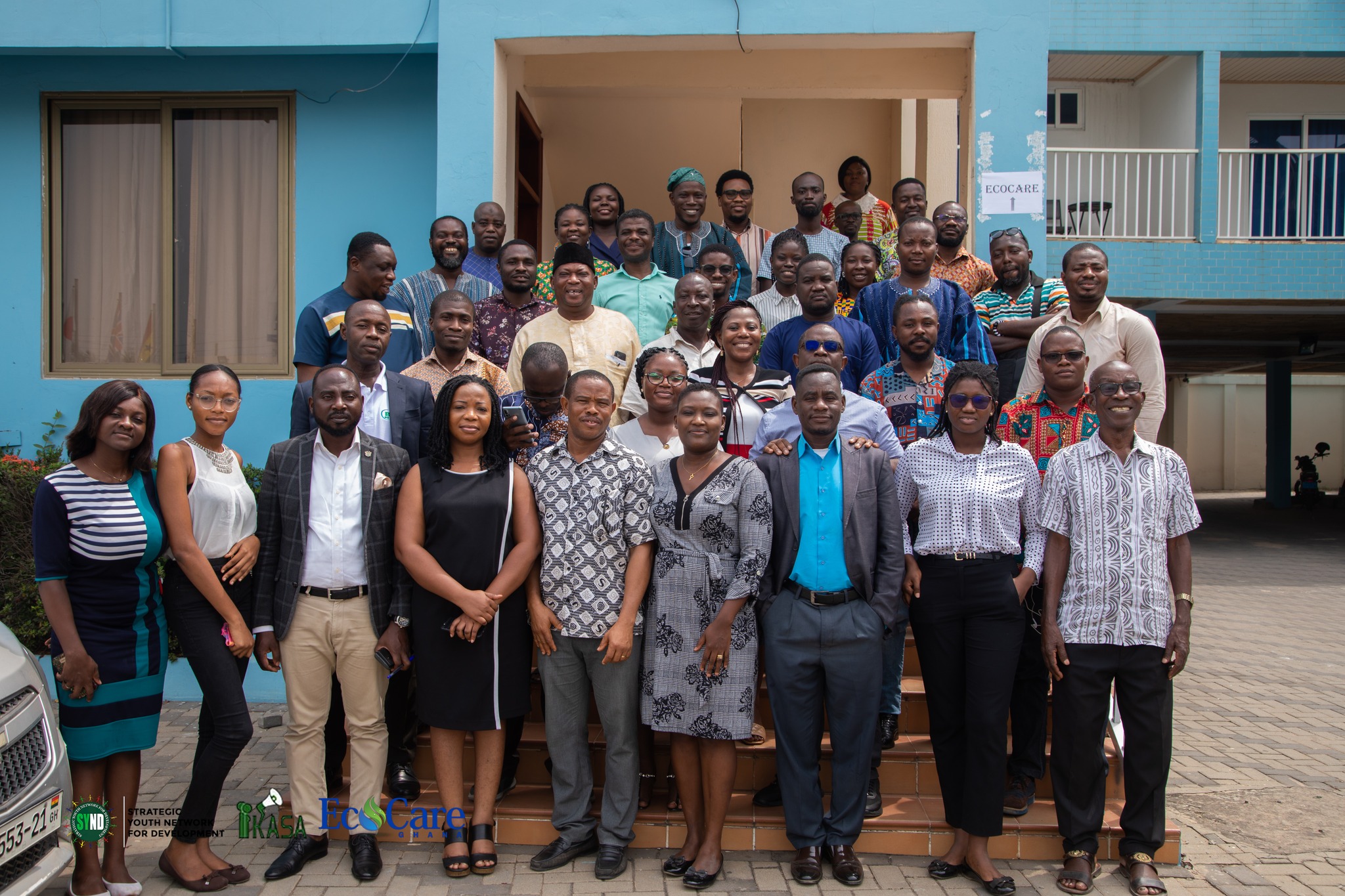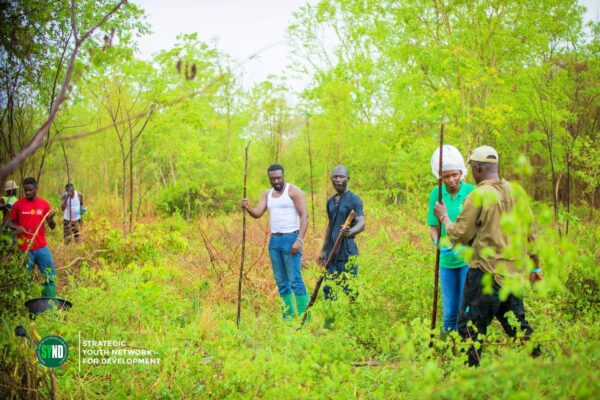In a proactive move to assess the implications of the proposed new bill by the Government of Ghana, Civil Society Organisations (CSOs) working within the Natural Resources and Environmental sector came together in a two-day stakeholders’ consultative meeting. Organized by EcoCare Ghana, in collaboration with the Strategic Youth Network for Development and the KASA Initiative, the meeting focused on understanding the bill’s key concepts, particularly those related to the carbon market, and collectively providing inputs to safeguard the interests of the environment and communities.
Day 1 Highlights: Understanding the New Bill and Context Setting
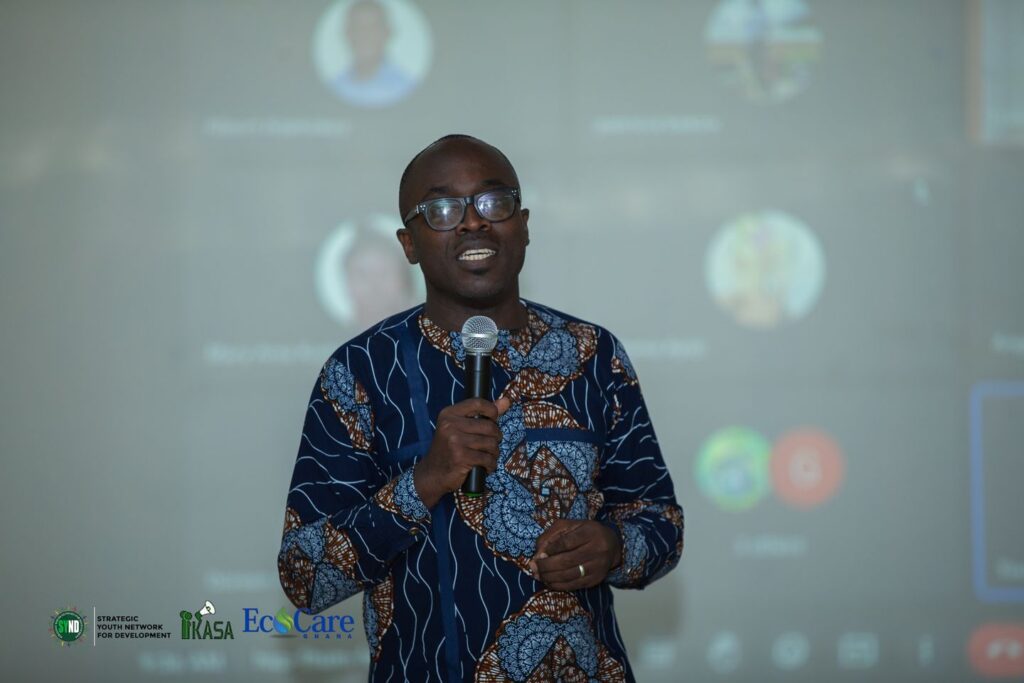
The meeting commenced with formalities led by Mr. Solomon Yamoah, Deputy Executive Director of SYND, who introduced all present members and online participants. Obed Owusu-Addai, representing EcoCare Ghana, stressed the importance of CSOs being well-informed about the bill’s key concepts, particularly those related to the carbon market, to facilitate meaningful contributions during the second day of the consultation.
Jonathan Goka from the KASA Initiative emphasized the need for broadening discussions beyond virtual meetings to grasp the full scope of the bill. He highlighted that understanding the bill’s context would enable stakeholders to work more responsively and effectively in environmental conservation.
Dr. Daniel Benefoh, a representative from the Environmental Protection Agency (EPA), provided background information on Part 1 and Part 5 of the proposed bill. He outlined the government’s intention to transform the EPA from an agency to an authority to address contemporary environmental issues and align with global trends. The new bill aimed to include climate change considerations, particularly those concerning Ghana’s role in the Paris Climate Agreement and participation in the international carbon market.
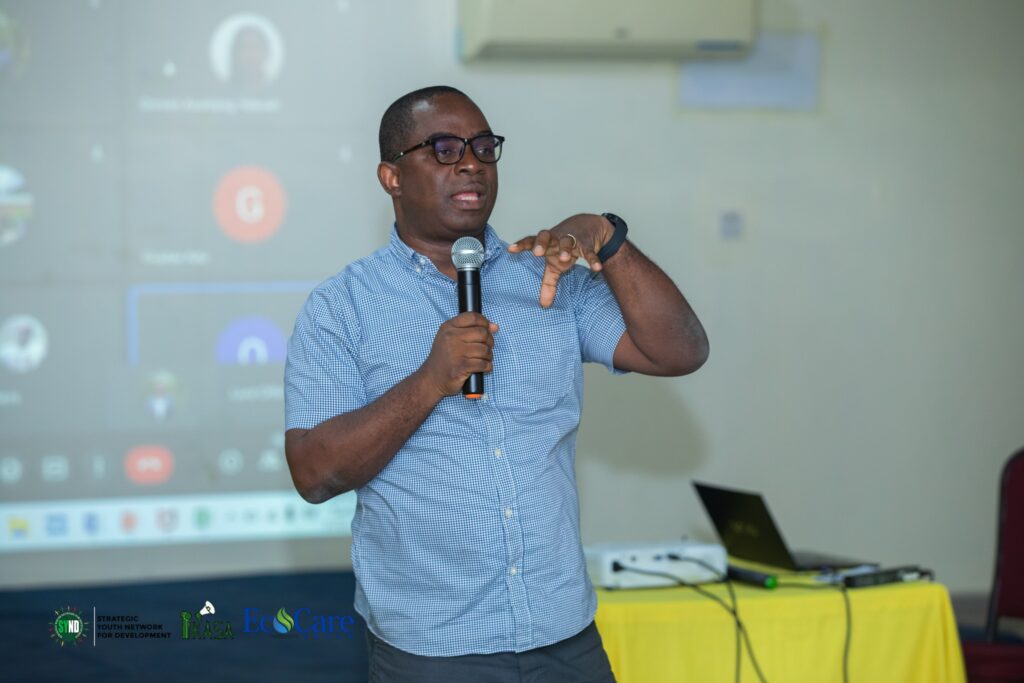
Key discussions during Day 1 revolved around the power of EPA as an Authority to sanction defaulters, the need for multi-sectoral engagement, and the importance of transparency and accountability mechanisms in the bill.
Day 2 Focus: Stakeholders’ Consultation and Breakout Sessions
On Day 2, Elvis Oppong from Civic Response led discussions on the emerging issues from Day 1. Participants highlighted funding mechanisms for Ghana’s carbon market, the involvement of communities in carbon projects, safeguards for vulnerable groups, and the importance of democratic structures in the bill.
Breakout sessions were held to discuss Part 5 of the EPA bill in detail. Participants were assigned to analyze the composition and identify any missing links. The discussions yielded insightful comments and recommendations, which were compiled for further review.
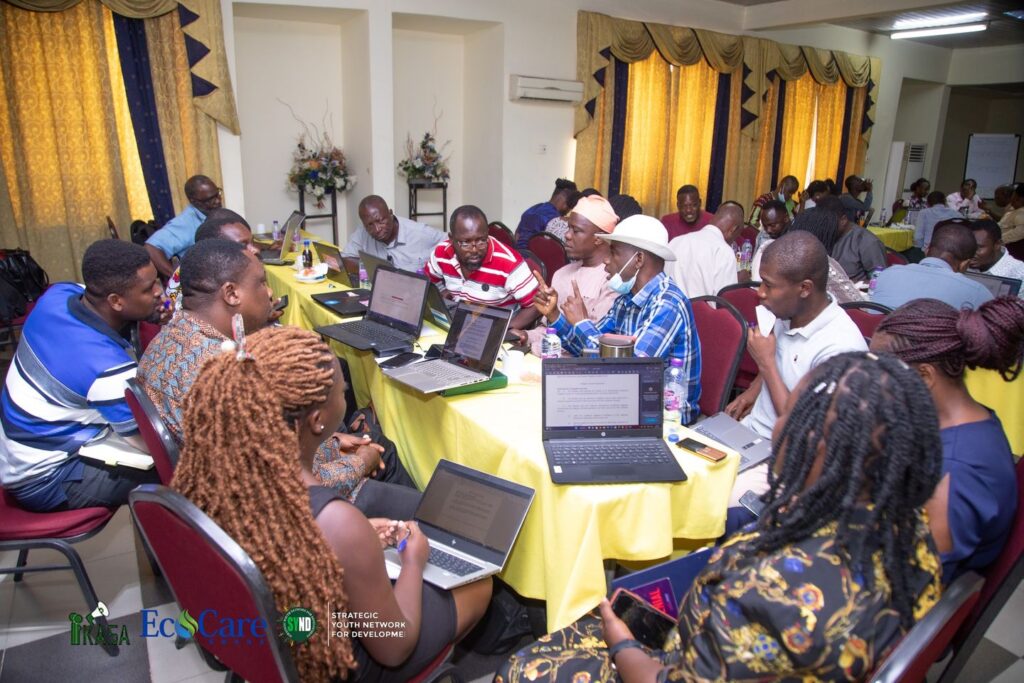
Next Steps and Conclusion
Obed Owusu-Addai concluded the meeting, emphasizing the importance of compiling all inputs and recommendations from the CSOs. These would be refined and shared with participants, and a media engagement and advocacy campaign would be conducted to exert pressure on EPA to consider the CSOs’ recommendations.
The consultative meeting showcased the collective determination of Ghanaian CSOs to actively engage in shaping environmental policies and advocating for accountability and transparency in the climate change and carbon market domains. Through collaboration and informed discussions, they hope to positively impact Ghana’s developmental agenda while fulfilling international commitments under the Paris Agreement.









